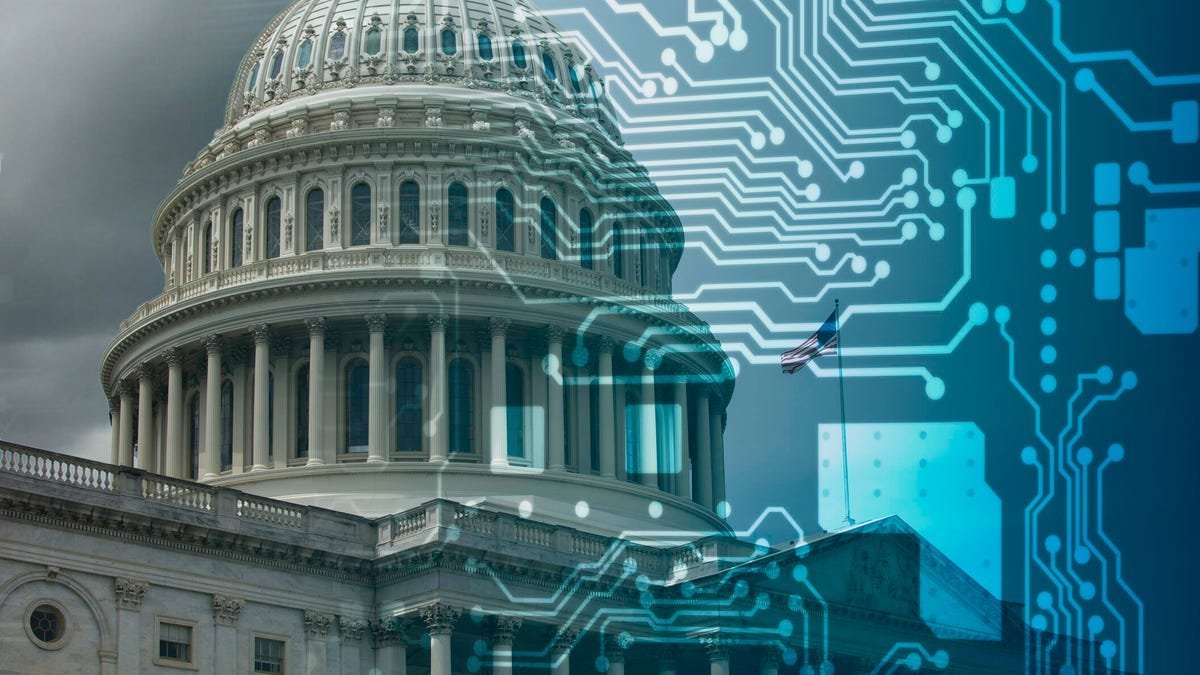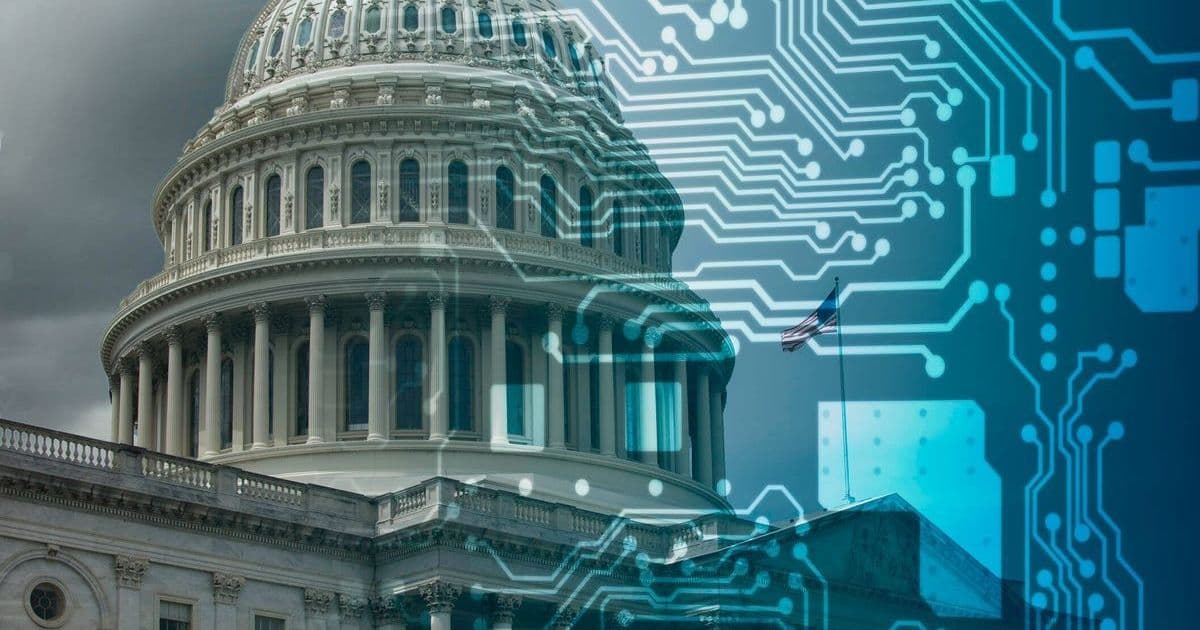The US government has approved Meta's Llama AI models for federal agency deployment, marking a significant expansion of Washington's AI toolkit under the Trump administration's tech initiative. This open-source-adjacent system promises agencies greater data control while fueling debates about security and the growing government-tech industry entanglement.
 Greggory DiSalvo/iStock/Getty Images Plus via Getty Images
Greggory DiSalvo/iStock/Getty Images Plus via Getty Images
The U.S. General Services Administration (GSA) has formally approved Meta's Llama AI models for federal agency deployment, significantly expanding the government's artificial intelligence arsenal. This decision, announced Monday, places Llama alongside approved tools like Anthropic's Claude Gov, OpenAI's ChatGPT Gov, and Google's Gemini for Government as part of the Trump administration's accelerated push to embed AI across federal operations.
Federal agencies can now leverage Llama's capabilities—including data processing, image generation, and task automation—while maintaining full control over sensitive information. Meta emphasizes that Llama's open-source nature allows agencies to host models on local servers, theoretically preventing external data leaks. "This collaboration will strengthen the federal government's ability to test, adapt, and deploy AI while maintaining full control over sensitive data," Meta stated in its release.
The approval follows earlier limited availability for national security projects and arrives amid sweeping federal AI initiatives. In June, President Trump signed the One Big Beautiful Bill Act, allocating over $1 billion to government AI deployment. The administration's AI Action Plan further outlines technical and ethical guidelines that Llama reportedly meets after GSA vetting.
Why Open Source Matters—And Why It's Complicated
Llama's "open-weight" approach (model weights are publicly available, though licensing restrictions apply) offers two key government advantages:
- Data Sovereignty: Agencies avoid sending sensitive information to third-party cloud environments
- Cost Efficiency: Eliminating per-query fees enables broader implementation
Yet security experts voice concerns. Open models increase attack surfaces for potential exploits, and rigorous internal safeguards become paramount when handling citizen data. While GSA asserts Llama meets federal security requirements, the model's previous vulnerabilities—like the "Llama Leak" prompt injection flaw—highlight ongoing challenges.
The Government's Growing AI Bench
This approval signals deepening ties between Washington and Silicon Valley:
- OpenAI runs a DoD pilot for healthcare and cyber defense
- Anthropic tailors Claude Gov for threat analysis
- Google positions Gemini for bureaucratic workflow optimization
Critics question the privacy implications of feeding citizen data into these systems, despite company assurances about localized deployments. Meanwhile, the $1 billion federal investment suggests AI will become deeply embedded in everything from benefits processing to infrastructure management.
As public and private sectors increasingly intertwine through AI, the Llama approval represents both a technical milestone and a test case for balancing innovation with responsible governance. The coming years will reveal whether open models can truly deliver security alongside efficiency—or if the government's AI ambitions outpace its ability to manage the risks.
Source: US government agencies can use Meta's Llama now (ZDNET)

Comments
Please log in or register to join the discussion